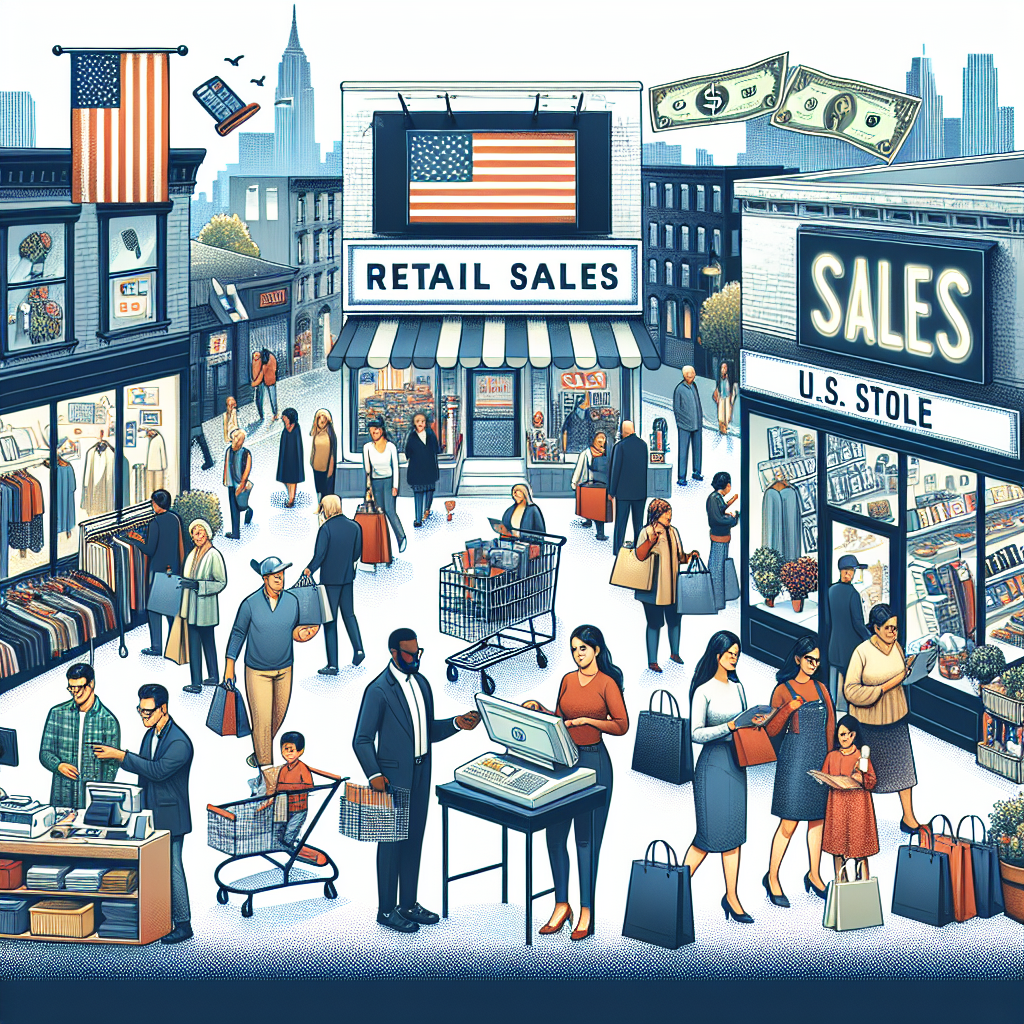Economic Uncertainty: U.S. Retail Sales and Tariff Impacts
U.S. retail sales fell more than expected in May, influenced by decreased motor vehicle purchases and lower gasoline prices. Despite solid wage growth, consumer spending might remain moderate amid global economic uncertainties, including tariffs and geopolitical tensions. This situation raises risks to consumer spending and economic recovery.

- Country:
- United States
U.S. retail sales experienced a significant decline in May, marking a drop of 0.9%, according to the Commerce Department's Census Bureau. This downturn was primarily attributed to a decreased demand in motor vehicle purchases and reduced gasoline prices, amidst ongoing tariffs and geopolitical uncertainties.
Economists had predicted a slight decline in retail sales, forecasting a 0.7% decrease. However, the reality outpaced expectations, highlighting the volatility in consumer spending patterns. The Federal Reserve is closely monitoring the situation as they embark on a policy meeting to assess economic impacts.
Though core retail sales showed a modest increase, the broader economic outlook remains cautious. The labor market, fluctuating oil prices, and changing import patterns contribute to ongoing uncertainty, posing potential risks to the anticipated economic rebound in the upcoming quarters.
(With inputs from agencies.)
ALSO READ
RBI's Prospective Rate Cut: A Stimulus for Economic Growth
India's Message of Peace to Malaysia: A Call for Economic Growth Over Conflict
Brazil's Plan to Boost Economic Growth Through Credit Expansion
inDrive Champions People-Driven Mobility to Boost Economic Growth in SA
Bulgaria's Leap to Eurozone Promises Economic Growth










